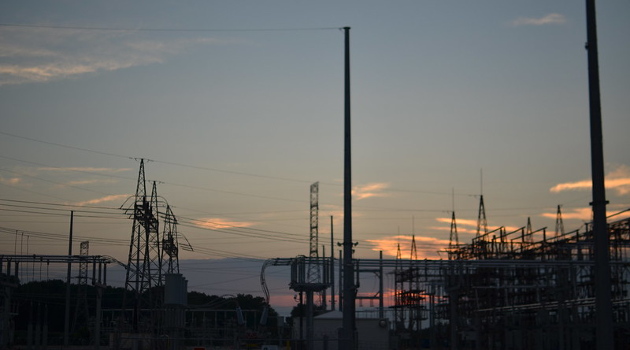Good folks on the left (and every other part of the spectrum) push for equality of opportunity. And what’s great about that approach is that more opportunity for one person does not require less opportunity for another person.
Bad folks on the left push for equality of outcomes. And that’s unfortunate because an agenda of coerced equality (based on the notion of “positive rights“) means that one person has to suffer for another person to benefit.
Or, in really crazy circumstances, the goal is simply to deny good things for some people simply because they are not available to other people.
Or they simply want to punish success because of spite and resentment.
I wrote about an example of this last week. Here’s another example, as reported by Marc Cota-Robles and Rob Hayes for a California TV station.
Three major utility companies in California are looking to restructure customer billing, and part of that means customers could be charged based on how much money they make. Southern California Edison, Pacific Gas & Electric and San Diego Gas & Electric filed a joint proposal this week for a flat-rate charge based on income. …Under the proposal, it would cost as little as $15 a month for low-income households and up to $85 more per month for households making more than $180,000 a year. …The income-based bill proposal is part of the companies’ compliance with legislation passed by the California state government last year requiring these types of plans for utilities. …The fixed rate could start showing up on bills as soon as 2025.
The Wall Street Journal opined on this policy. As you might imagine, class-warfare pricing was not celebrated.
Climate policies are driving up California electric rates… Now Democrats plan to double down on their policy distortions by charging electric customers based on income. Democrats snuck this second progressive income tax into a budget trailer bill last year… No other investor-owned utilities in the country link electricity costs to income. …Pacific Gas & Electric floated charging customers fixed fees ranging from $15 a month for those earning less than $28,000 annually, up to $92 a month for those making $180,000 or more. …California’s electric rates have surged over the last decade to an average of 26.5 cents a kWh—more than twice as much as in neighboring states… California’s electric rates are currently both regressive and progressive. Middle- and higher-income folks subsidize discounts for lower-income customers. However, lower- and middle-income households also subsidize the affluent with solar panels and electric vehicles. …Thus they want to impose this de facto graduated income tax to light up your home. This is another form of income redistribution… The very rich will cope, but the middle class will get soaked, as they always do.
I wonder if our friends on the left will expand this approach. Maybe require McDonald’s to charge rich people more for a Big Mac? Or tell gas stations that they have to lose money when poor people fill up their tanks?
That’s a recipe for quicksand and beatings.
As captured by my Eighth Theorem of Government, it is far smarter to push policies that are designed to reduce poverty rather than reduce inequality.
———
Image credit: Michael Kappel | CC BY-NC 2.0.




